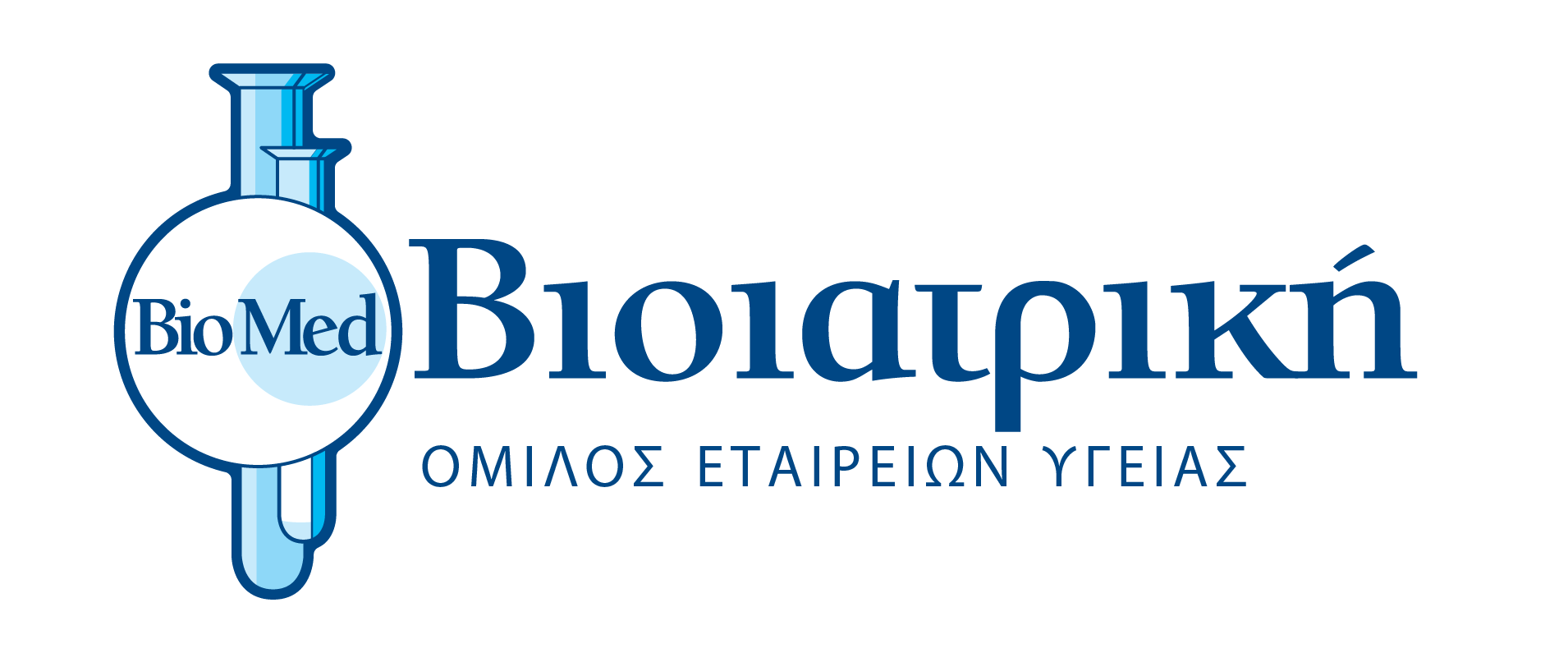Bioiatriki Healthcare Group’s Polydynamo Center in Cyprus has the world-leading Lumina 3.0 Tesla MRI by Siemens with artificial intelligence, the first in Greece and Cyprus and just the third in Europe.
It is a state-of-the-art system with innovative special applications such as Magnetic Resonance Spectroscopy (MRS), Functional Magnetic Resonance Imaging (fMRI), Diffusion Tensor Imaging (DTI) Tractography, Multi-Parametric Magnetic Resonance Imaging (mpMRI) of the prostate, and breast MRI.
Additionally, ALPHA EVRESIS Diagnostic Center is equipped with Toshiba Excelart Atlas 1.5 Tesla MRI. The Excelart 1.5T MRI system uses the SPIN technology that provides high quality images to satisfy the demands of any exam. With this technology you will benefit from the Speeder Parallel Imaging technology which is a revolutionary advance in acquisition speed to reduce scan times for increased patient comfort and excellent quality images. You will benefit from the Pianissimo noise reduction technology that reduces acoustic noise by 90%, that is,115 dB that other devices produce currently, to 30 dB. This reduction creates the conditions for patients not to use earplugs, resulting in a comfortable stay in the MRI.
Bioiatriki’s units in Cyprus have modern, powerful MRI systems, equipped with high-quality software that can carry out even the most demanding applications of MRI.
Our existing equipment carries out all the applications of MRI, standard and special:
MRI for all anatomical areas of the body (Brain, Pituitary, splanchnocranium, Cervical, Chest, Upper and Lower abdomen, Spine, Joints, Bones and Soft tissues).
- Magnetic Resonance Angiography (MRA) of brain and body
- Magnetic resonance cholangiopancreatography (MRCP)
- Magnetic resonance urography (MRU)
- Magnetic resonance spectroscopy (MRS)
- Functional magnetic resonance imaging (fMRI)
- Diffusion Tensor Imaging (DTI) Tractography
- Cardiac MRI: Study of the morphology and the motion of the walls of the heart, study of perfusion and viability of the walls of the heart, study of congenital heart diseases
- MRI Quantification of Liver Iron: Useful in patients with thalassemia to evaluate the effectiveness of iron chelation therapy
- Far Fraction and steatosis MRI
- Magnetic Resonance Enterography (MRE): Useful for regular monitoring of patients with idiopathic inflammatory bowel diseases, especially Crohn’s disease, who are usually young. MRE provides the advantage of not using X-rays. It can also be used to diagnose small intestine neoplasms.
- Breast MRI: It is indicated for the screening (in addition to digital mammography) of women with high risk of breast cancer such as women with a genetic burden or with an individual / family history of breast cancer. Additionally, Breast MRI is useful in preoperative clinical staging to assess the metastasis of the cancer, the search for a primary site in women with axillary lymph node metastasis (ALNM), and the investigation of doubtful findings during and after mammography, ultrasound, or clinical examination.
- mpMRI of the prostate: An important tool in the identification and characterization of neoplastic lesions, the precise local staging of the disease, treatment’s planning, and the detection of local relapse. It is also useful for guiding transrectal biopsy
- Rectal MRI: It is performed with a special protocol that includes thin, high-definition slices, on the area of interest. It is useful for detailed initial local staging of rectal cancer.







